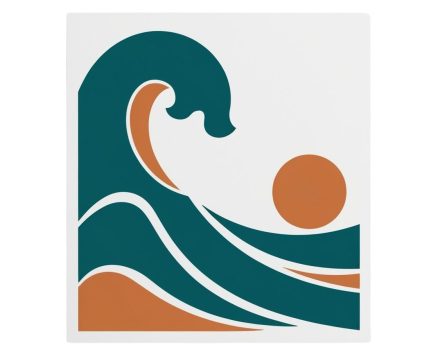Dialectical Behaviour Therapy - DBT
What is DBT?
Dialectical Behaviour Therapy (DBT) is a specialised form of cognitive-behavioural therapy (CBT), developed by Dr. Marsha Linehan in the 1990s. Originally created to treat Borderline Personality Disorder (BPD), DBT has proven effective for a variety of mental health issues, including mood disorders, trauma, eating disorders, and impulse control disorders. DBT uniquely combines behavioural change strategies with acceptance and mindfulness practices, creating a structured and practical approach that supports individuals in managing difficult emotions, reducing self-destructive behaviours, and building a fulfilling, balanced life.

How DBT Works
DBT operates on two main principles: Dialectics and Behavioural Change. Together, they empower individuals to find balance, navigate life’s challenges, and make meaningful changes.
Dialectics:
The term “dialectical” represents the idea that two opposing truths can coexist. DBT helps clients integrate seemingly contradictory truths—such as accepting themselves as they are and committing to change. This dialectical approach encourages flexibility, allowing clients to move away from extreme, all-or-nothing thinking. For example, DBT helps individuals see that they can simultaneously love someone and set boundaries, or accept their current emotions while working toward healthier behaviours.
Behavioural Change
DBT also provides concrete tools to help clients identify, understand, and change unhelpful behaviours. Through techniques like “chain analysis,” clients learn to trace the triggers, thoughts, and emotions leading to specific behaviours, such as self-harm. By understanding these patterns, they can apply skills to interrupt or replace negative behaviours with healthier responses, ultimately creating new pathways for emotional regulation.

Duration of DBT
DBT is typically a long-term therapy, lasting between 12 to 18 months. This includes weekly individual therapy, skills training sessions, and telephone coaching as needed. DBT is one of the more intensive forms of therapy, ideal for individuals who need a structured, consistent approach to achieve meaningful change.
Core Components
Individual Therapy
Skills Training: -Mindfulness
-Emotion Regulation
-Distress Tolerance
-Interpersonal Effectiveness
Telephone Coaching
Therapist Consultation Team
Benefits
Improved Emotional Regulation
Reduced Self-Destructive Behaviours
Enhanced Interpersonal Skills
Greater Psychological Flexibility
How it helps?
Recommended Resources
Junkes, L., Gherman, B. R., Appolinario, J. C., & Nardi, A. E. (2024). Dialectical Behavior Therapy as an intervention for Treatment Resistant Depression in adults: A protocol for systematic review and meta-analysis. PLOS ONE, 19(5), e0303967. https://doi.org/10.1371/journal.pone.0303967
Mulsant, B. H., & Husain, M. I. (2023). A systematic review on the effectiveness of dialectical behavior therapy for mood symptoms in patients with bipolar disorders. International Journal of Bipolar Disorders, 11(6). https://doi.org/10.1186/s40345-023-00288-6
Mobile Applications:
DBT Coach: This interactive app supports users in tracking progress, setting goals, and practising DBT skills with guided exercises.
DBT Diary Card and Skills Coach: Allows users to fill out DBT diary cards, track emotions, and complete mindfulness practices to reinforce daily skill application.
Online Resources:
Behavioural Tech: Marsha Linehan’s official site offers DBT training resources, research articles, and educational materials.
DBT Self-Help: A comprehensive, user-friendly site with free DBT resources, videos, and exercises for skill-building.
Psychology Tools DBT Worksheets: A selection of downloadable DBT worksheets and handouts designed for clients and therapists.
